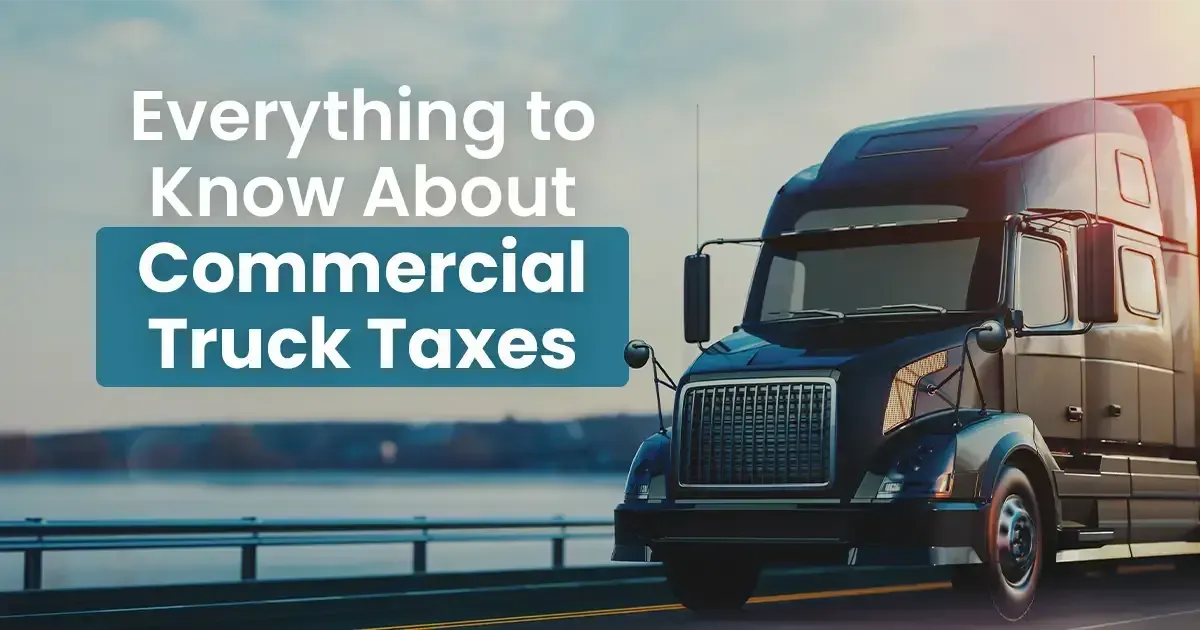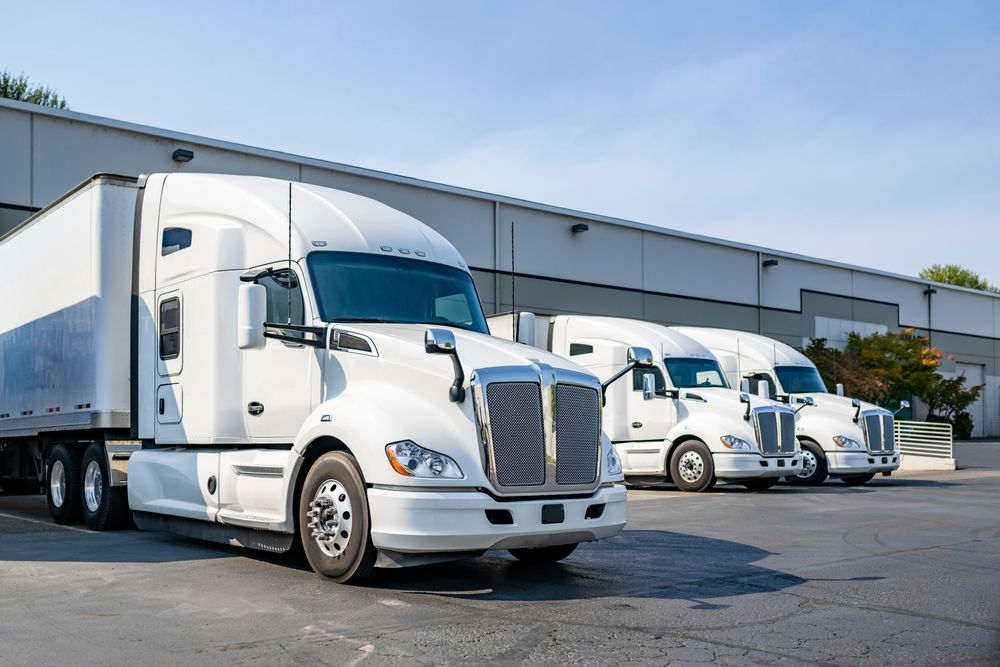
The past few years have created challenges for transportation businesses. Supply chain problems, including shortages, and an increasing demand for faster shipping have made it hard for some companies to stay competitive and maintain high profit margins.
Mergers and acquisitions provide ways for businesses in the transportation industry to grow and reach new markets — while also reducing costs. But how do these processes affect taxes? Let’s take a closer look at M&A tax info for logistics and transportation businesses.
What Is a Merger?
Before getting into tax details, it’s helpful to know exactly what a merger is. Both acquisitions and mergers involve two businesses joining forces but in different ways. Mergers involve two individual businesses or entities merging or joining together to create a new company.
This process can benefit transportation businesses in a few ways, including:
- Accessing new markets for increased business opportunities
- Decrease operational costs for each company that merges
- Increase profits and revenue
Mergers allow the newly formed business to capitalize on each partner’s strengths while absorbing losses — ultimately leading to a more financially solid and more competitive business model.
For example, two trucking companies may join forces to expand their geographic footprint in different regions and boost their market power. Merging may also allow them to diversify the services they offer, integrate technology, and boost operational efficiency.
What Is an Acquisition?
An acquisition doesn’t involve two separate companies becoming one. Instead, this process involves one company or business taking over the equity or assets of another business. This may be done when a transportation business wants to increase or diversify its market or product line.
This process may offer certain advantages for businesses, such as:
- Diversifying modes of transportation offered, such as adding air freight service
- Obtaining a bigger share in the market if a business acquires one of its industry competitors
- Gaining greater financial strength for more opportunities to invest in a company’s infrastructure
- Reducing operating costs and boosting profit margins
Acquisitions can present certain challenges for the buyer, such as acquiring both the strengths and weaknesses of the purchased business or entity. The due diligence part of this process helps companies consider all of these factors before moving forward with the purchase.
For example, a large shipping or trucking company may acquire a smaller or regional shipping or trucking company. Doing this allows the buyer to expand its market and provide additional services.
What Does the Merger and Acquisition (M&A) Process Involve?
This is a complex process that involves going through several steps, including:
- Identify partners or targets: Businesses need to find a suitable partner to merge with to boost efficiency and revenue. Acquisitions require businesses to identify targets that offer equity and/or assets that will be beneficial, such as allowing them to reach new markets.
- Conduct due diligence: This step allows businesses to identify possible risks and challenges, such as acquiring a company that’s involved in litigation. It also helps businesses obtain all of the necessary information on a potential partner or target’s finances and operations.
- Consider any regulatory issues: The transportation industry is subject to complex regulations to ensure safety. A potential M&A deal needs to factor in any regulations to ensure compliance, such as getting approval to expand services. This includes regulations at the state, federal, and international levels.
- Negotiate the terms of an M&A deal: What is the purchase price, and how will it be paid? This step considers different factors in order to hammer out the terms of the deal.
- Plan the integration process: Integrating operations can be complicated, leading to disruptions that can affect workers and customers. Planning out the details of how this integration will occur helps ensure a smooth transition with streamlined processes and better efficiency.
- Close the deal: This final step takes place once all due diligence has been conducted and both parties agree to the terms of the deal. After closing, the new merged company or the buyer in an acquisition can move forward with the integration process as planned.
How Are M&As Taxed in Transportation/Logistics?
These processes can result in tax benefits for companies in the transportation/logistics industry. But it all depends on how these deals are structured. Some of the main
M&A tax considerations include:

- Tax attributes: Tax credits and other attributes may help M&A buyers reduce taxes owed. However, there are limitations to these, such as limits on net operating losses (NOLs).
- Federal taxes: Some M&A deals qualify for deferrals, while others may have immediate tax consequences. Again, it all depends on how the deal is structured.
- Tax deferrals: Potential M&A deals need to consider deferred taxes that may affect the amount of taxes owed, such as when accelerated depreciation is used for trucks and other equipment.
- Local and state taxes: The rules that affect M&As vary by state. Local laws may also have tax implications for these deals.
- International taxes: Transfer pricing and other international tax implications may affect M&A structures and outcomes.
Trends and Challenges of M&A Taxes in 2025
If you’re considering an M&A this year, it’s important to be aware of a few potential tax trends that may affect the deal. The Tax Cuts and Jobs Act (TCJA) has several provisions that will be ending this year. Other tax trends that may affect future M&A deals include:
- Corporate tax rate: The risk of increases in this rate may lead to increased interest in these deals before any changes. If this rate goes up, this may also lead to higher purchase prices for acquisitions.
- Capital gains rates: Changes to these rates may lead to an increase in asking prices for acquisitions and an increase in tax-free M&A deals.
We Can Help Reduce M&A Taxes for Your Transportation Business!
At Transportation Tax Consulting, we have years of experience helping businesses in the transportation industry manage complex tax situations. Our experts can help you find ways to reduce taxes for a merger or acquisition!
Are you in the process of planning an M&A deal? Or are you looking for ways to reduce M&A taxes on a completed deal?
Schedule a consultation with TTC for help!




